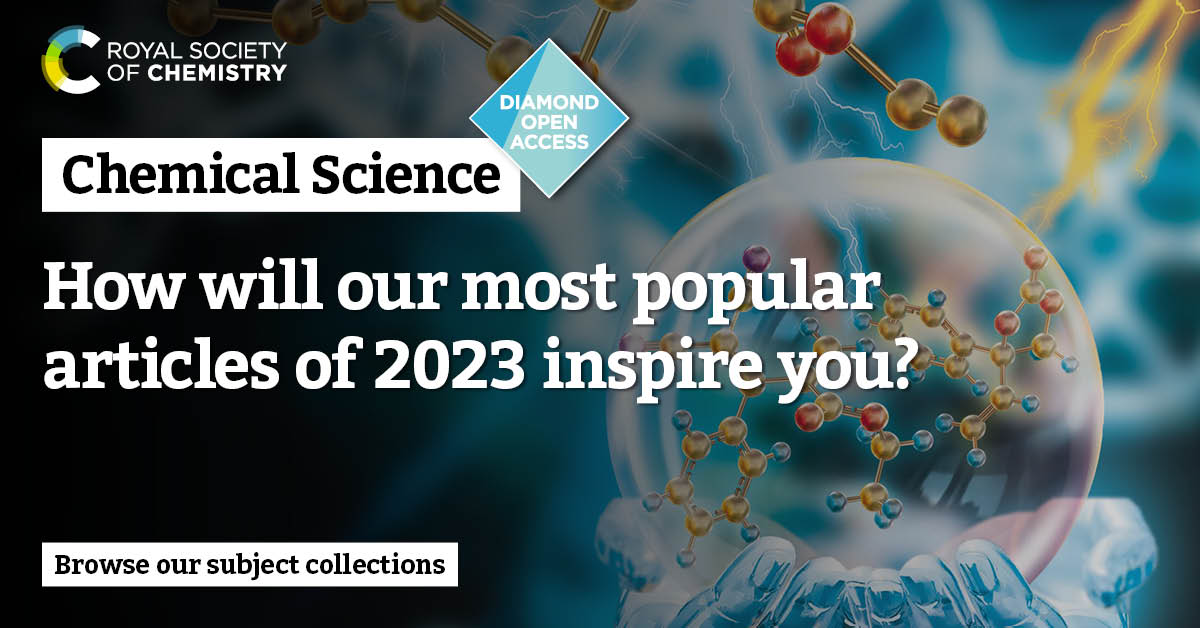
Not One, But Two: Papers Featuring Felipe Fantuzzi Appear in Chemical Science's Most Popular 2023 Inorganic Chemistry Collection
The SISC group at the University of Kent is proud to announce that Felipe Fantuzzi has authored two influential papers that have been included in Chemical Science’s Most Popular 2023 Inorganic Chemistry Articles collection. This prestigious collection highlights last year’s key contributions to the fields of main group, inorganic, and organometallic chemistry.
The first paper, titled Catalyst-free diboration and silaboration of alkenes and alkynes using bis(9-heterofluorenyl)s, is a collaborative effort with Matthias Wagner from Goethe Universität Frankfurt. Notably, the research team also included Jannik Gilmer, a former visiting PhD student in Felipe’s group at the University of Kent and a SISC alumnus, underscoring the vibrant academic legacy and collaborative ethos cultivated within SISC.
The second paper, Nickel boryl complexes and nickel-catalyzed alkyne borylation, features Felipe as the first author, in collaboration with renowned experts Todd Marder and Udo Radius from the University of Wuerzburg. The experimental work, conducted by Lukas Tendera, pushes the boundaries of nickel-catalyzed processes, enhancing the methods available for synthesising borylated organic compounds, crucial in the advancement of organic electronic devices and pharmaceutical agents.
These publications not only propel forward the scientific knowledge and practical applications of inorganic and organometallic chemistry but also highlight the importance of international collaboration in fostering innovation. These studies illustrate SISC’s dedication to delivering pioneering research to the worldwide scientific community.
We encourage the SISC community and the general public to access these articles for free as part of the Chemical Science collection. These works exemplify the creative and influential research championed by SISC, further solidifying our presence in the scientific arena.